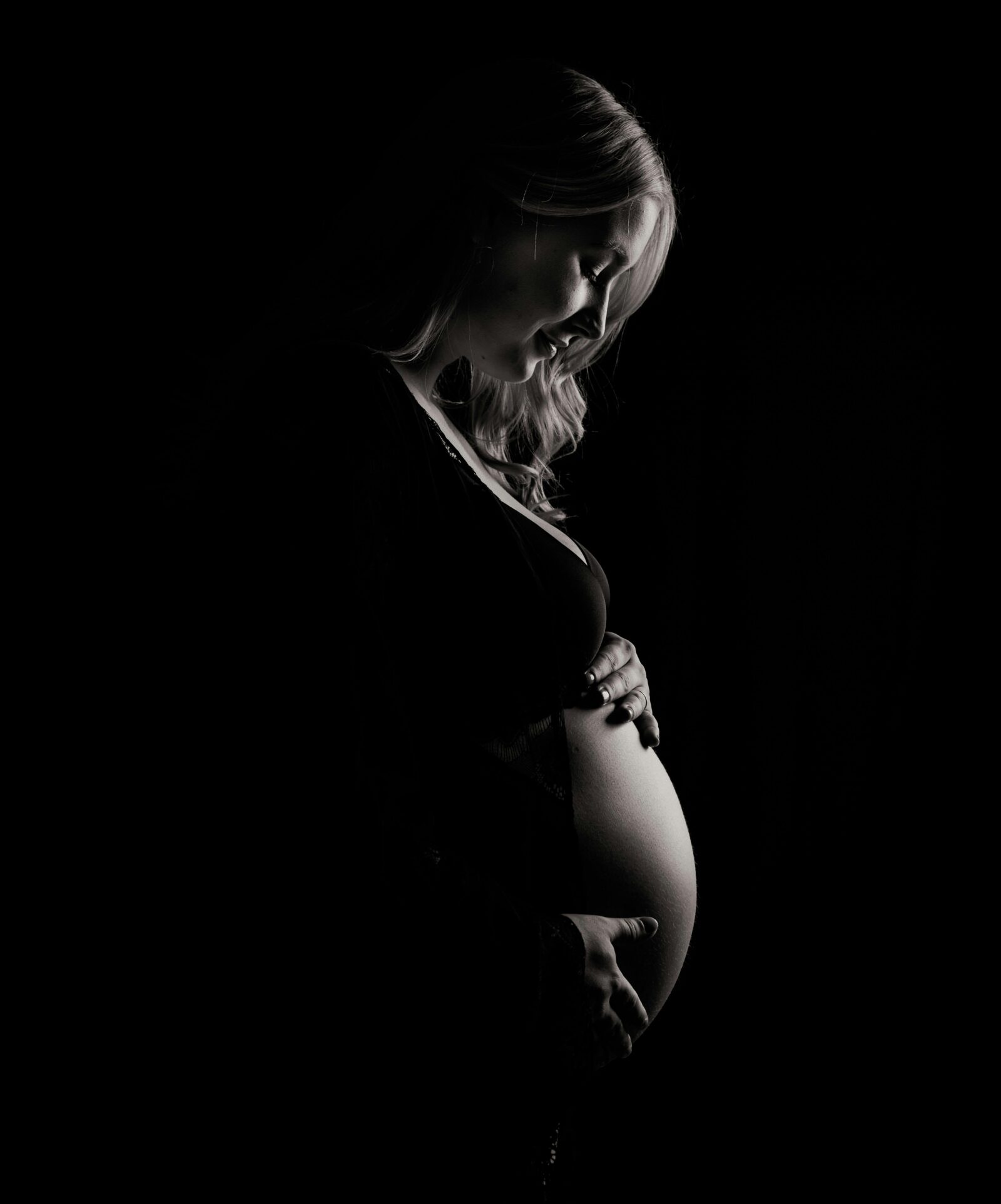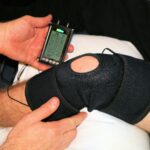Expected mothers embark on a remarkable heartwarming process that combines excitement with joy. Expected parents find much excitement when they begin to feel movements from their unborn child. The small movements of your baby serve essential functions to check your baby’s health status. Monitoring fetal movements helps parents acquire knowledge about the baby’s health which allows them to feel emotionally connected to their developing child.
Having too much baby movement suggests something about your infant’s overall health status but what exactly does it signify? The movement of an active fetus inspires concern or signals typical baby behavior. We should explore both the significance of monitoring movements and the effective tracking methods alongside their corresponding pregnancy indicators.
The Importance of Fetal Movement in Pregnancy
Fetal movement functions as an essential sign which indicates how your baby maintains his pregnancy health. The kicks and twists together with rolls provide evidence that your unborn baby remains strong and healthy within your womb.
The tracking of fetal movements allows parents to build ties with their babies. Each time you detect their movements you experience pure delight and at the same time acquire comfort about their condition.
During the different stages of pregnancy the number of movements and their force can shift. You will notice gentle touches at first but stronger movements will follow since there is less available room in later pregnancy.
Knowing when your baby is active or still allows you to detect possible health problems. Swings in baby movement patterns either exceeding normal limits or being below average standards serve as possible indicators requiring medical assessment from healthcare professionals.
Your awareness of these signs helps you consistently participate in the prenatal development of your baby. Maternal bonding alongside prenatal care happens through this type of prenatal awareness.
When to Seek Medical Attention
Women must track their fetal movement during pregnancy to maintain good maternal health. Parents who experience baby movements with excitement must also pay attention to signs which suggest potential medical problems.
Your healthcare provider needs to be notified when your baby experiences major changes in their activity which include excessive movements or unusual decreases in movement. The experience of baby moving too much can be a sign that the fetus experiences discomfort along with stress.
Any intervals where your baby becomes motionless longer than usual when they should be active require professional medical evaluation. Your doctor will both restore your peace of mind while performing diagnostic examinations if necessary.
You should depend on your maternal intuition as a parent. Always consult medical experts if you sense your baby moves abnormally. Your health together with the health of your baby needs to remain your primary concern.
How to Monitor Fetal Movement
Monitoring fetal movements becomes a fun family tradition during maternity. You develop closer bond with your baby through monitoring their movement patterns.
Devote daily periods to monitor the movements of your unborn baby. Find a peaceful period of relaxation after eating if possible. Babies tend to move more during specific periods according to numerous mothers.
You should monitor the number of kicks your baby makes during one hour by sitting or lying down with comfort. The normal period requires a minimum of ten movements during this assessment duration.
While tracking baby motions expect to feel both soft fidgets and forceful jabs and even turning movements. Every movement establishes different comfort levels and health indicators for your baby within the womb.
Journal all activity to determine recurring patterns that will appear over time. This procedure allows you to gain important information which helps you stay at ease if you detect anything unusual during or after the pregnancy period.
Understanding Your Baby’s Movements
Every infant develops different patterns of motions during development. The range of baby movements varies widely between infants since it is completely natural. By studying your baby’s movements you gain better opportunities to develop a bond with them.
Time periods during your day seem to bring about heightened movements as you detect them. Mothers frequently observe enhanced movement from their babies during and after food intake and during relaxed evening periods.
You should focus on what types of movements occur. A baby usually kicks with forceful and consistent movements compared to fluttering which usually feels quick and gentle. Each sensation from your baby communicates information about their comfort levels to you.
The third trimester brings more noticeable movements that you are likely to detect throughout the course of your pregnancy. The body shows progress because development is taking place.
By tracking changes in movement patterns you stay closer to your baby and simultaneously ensure peace of mind through monitoring irregular patterns which is important for this unique period.












